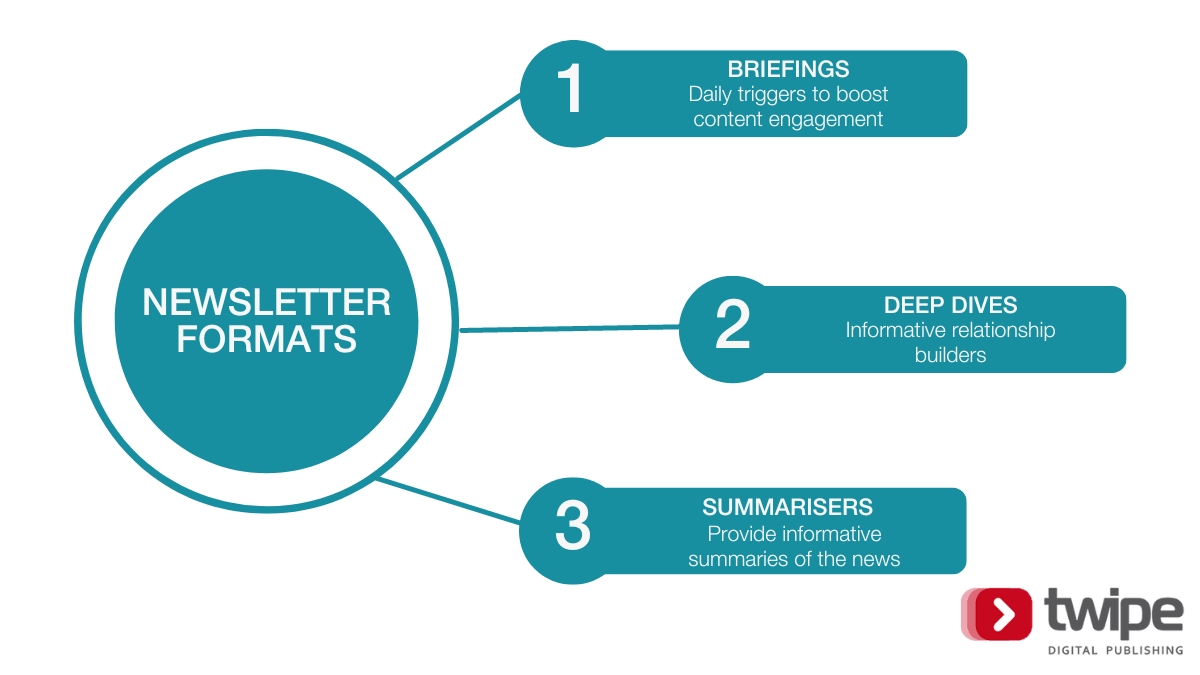- The Publisher Newsletter
- Posts
- Monday 6th February: De-influencing is an opportunity for trusted publishers
Monday 6th February: De-influencing is an opportunity for trusted publishers
Welcome to Monday! Today's newsletter is brought to you by Esther.
Influencers are finally starting to realise what many publishers noted a decade ago: you can't just peddle any old crap. On TikTok, the pendulum is finally swinging against the viral product hawkers pushing everything from cosmetics to clothes, tech and supplements. A new 'de-influencing' trend is rising, driven by disappointed consumers, savvy beauty bloggers, doctors and retail employees.
The trend is where people speak much more critically about products as a counterbalance to the sponsored videos and hyper-enthusiastic reviews which are making it difficult for consumers to work out what is actually worth buying.
It reminded me of our interview with Good Housekeeping's Gaby Huddart last week. They run the Good Housekeeping Institute, which for nearly a century has tested consumer products, from washing machines to coffee machines. Her description of the rigorous processes which skin creams and cosmetics were put through stands in stark contrast to the influencer industry. Perhaps we'll see the TikTok generation turning to trusted publishers to help cut through the noise...
I've just heard about a brilliant new newsletter launch from the WSJ so it was interesting to see Briefing newsletters as one of Twipe's top picks for boosting engagement. They also explore how deep dive newsletters can build relationships, as well as how summarisers can be useful in giving quick hits of the top stories. There are lots of examples of smaller publishers in here too, which is always handy.
Retail media - display and search ads that appear on e-commerce websites - is seeing huge growth at the moment, partly due to retail media networks operated by companies like Amazon, Walmart and Shopify. Some analysts estimate retail media could account for a quarter of digital media spending in the next few years. Damian Radcliffe explains why publishers should be paying attention.
Peter references this article in this week's podcast news round-up (see below) and it seems we neglected to include it last week, so I'm surfacing it here as it's really very good. United Robots CMO Cecilia Campbell cuts through the AI hype we're seeing and looks at what generative AI can and can't do for journalism. And - most importantly - what role people should play in the process.
#Ad: If you’re looking for a new audio editing tool, we can recommend Hindenburg, a professional-grade audio editing system made for simplicity, speed and agility. It’s built for podcasts and audio storytelling, with lots of features like auto levelling which help streamline the process. This link will get you an extended three month trial of Hindenburg PRO for business.
This week we hear from Andrew Ramsammy, Chief Operating Officer of Word in Black. The publication was founded in the aftermath of the murder of George Floyd, and brings together 10 of the nation’s leading Black publishers in a news collaborative. He discusses how the collaborative came together, how they’ve tripled revenue since launching, and other areas of opportunity for publishers to come together.



